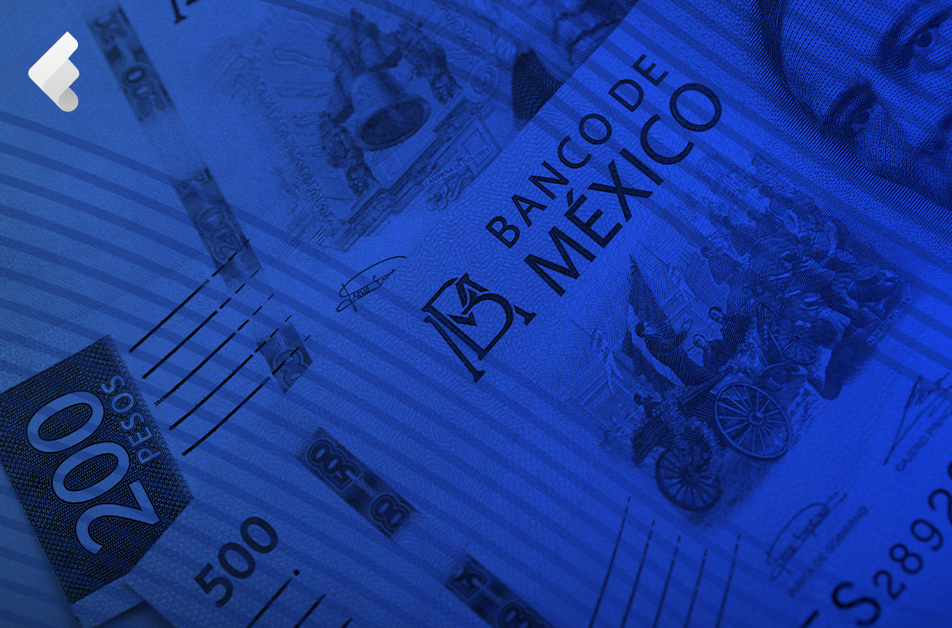Table of Contents
Every country has their own tax system and code by which individuals and corporations must abide. The tax policy of individual countries is one of the main determining factors for whether it is considered viable for businesses and friendly to foreigners doing business in or relocating to that country. Let’s take a look at Brazil’s tax overview in three main categories: Personal Taxes, Corporate Taxes, and VAT Taxes.
SERVIAP can help with your global expansion needs. Contact us today to learn how you can expand your business with PEO in Brazil.
Personal Taxes
Here’s everything you need to know about personal taxes in Brazil:
Who is Taxed?
Brazil taxes both residents and non-residents for the purposes of personal taxes. You are immediately considered a resident of the country if you have either a permanent visa or a work permit.
You are also considered a resident if you are in Brazil for another reason and stay there for more than 183 days. In this situation, you will be considered a resident for tax purposes the day after you exceed those 183 days.
What is the Tax Rate?
Brazil has a progressive tax rate. There are five tax brackets, ranging from 0% to 27.5%. This puts Brazil on the lower end of personal tax rates for the region. In 2021, the average individual tax rate in Latin America was 31.89%.
National vs International Income
Residents of Brazil are taxed on income they generate worldwide. Non-residents are only taxed on income they earn in Brazil. Non-residents are also only required to file a tax return when they officially become a resident of the country.
Capital Gains, Exemptions & Other Considerations
Brazil charges a progressive tax rate for capital gains. There are five brackets for this tax, starting at 15% and topping off at 30%.
In Brazil, individuals can’t offset their income with any losses. However, they can net their losses as well as gains from any security sale from one of the public stock exchanges in the country.
Some other capital gains taxes are also exempt, including certain real estate transactions and other assets.
Brazil Corporate
Here’s everything you need to know about corporate taxes in Brazil:
Who is Taxed?
Brazil taxes both resident and non-resident companies. Resident companies are taxed on their worldwide income, while non-resident companies are taxed on just the income they generate in Brazil.
What is the Tax Rate?
Brazil has a flat corporate tax rate of 15% on the company’s taxable income. This is a very low rate compared to the region. In 2020, the average South American corporate tax rate was 27.54%. That makes Brazil’s rate nearly half the average.
What is Taxable Income?
Companies in Brazil are taxed on their actual profits, which is defined as earnings before taxes. Corporations are required to calculate their income monthly, but they can pay taxes quarterly or annually.
Brazil also levies a 10% surcharge on any corporation that has an annual taxable income of more than 240,000 Brazilian reais.
Tax Incentives & Deductions
Some sales tax and excise exemptions are granted to companies that export manufactured goods. There are also regional, state and local tax incentive offerings depending on where the corporation is located.
VAT Taxes
Value-added taxes, better known as VAT taxes, are a common form of consumption tax. The value-added portion is the difference between a business’s sales and its cost of purchasing services or goods from another business. Here’s what you need to know about VAT taxes in Brazil:
Who is Taxed?
Brazil has two different VAT taxes.
- ICMS: A state sales tax applied to communication services, transportation and the circulation of goods. This tax is due when merchandise is physically moved.
- IPI: A federal tax applied to industrialized goods. This is due on every good that’s manufactured or imported in Brazil.
Businesses that supply services and/or goods that fit into one of the above categories have to register for VAT tax in Brazil. They also must register separately in each state and city where they have a location if they’re subject to ICMS.
What is the Tax Rate?
Brazil has different VAT tax rates for ICMS, depending on the region.
- 17%: Santa Catarina, Roraima, Rondonia, Piaui, Para, Mato Grosso do Sul, Mato Grosso, Goias, Espirito Santo, Ceara, Alagoas, Acre
- 18%: Tocantins, Sergipe, Sao Paulo, Rio Grande do Sul, Rio Grande do Norte, Pernambuco, Parana, Paraiba, Minas Gerais, Maranhao, Distrito Federal, Bahia, Amapa, Amazonas
- 19%: Rio de Janeiro
On interstate movement of goods, Brazil applies a VAT tax of either 4%, 7% or 12% depending on the destination state.
The IPI rate averages around 10% for all goods.
Is Brazil Right for Your Business?
SERVIAP is a leading Professional Employer Organization (PEO) ready to help your business expand operations throughout the Western Hemisphere. PEO is a model of co-employment, where we assume total responsibility for your talent, allowing you to focus on the strategic activities of your organization. Contact us today to learn more about how you can expand your business in Brazil.






























